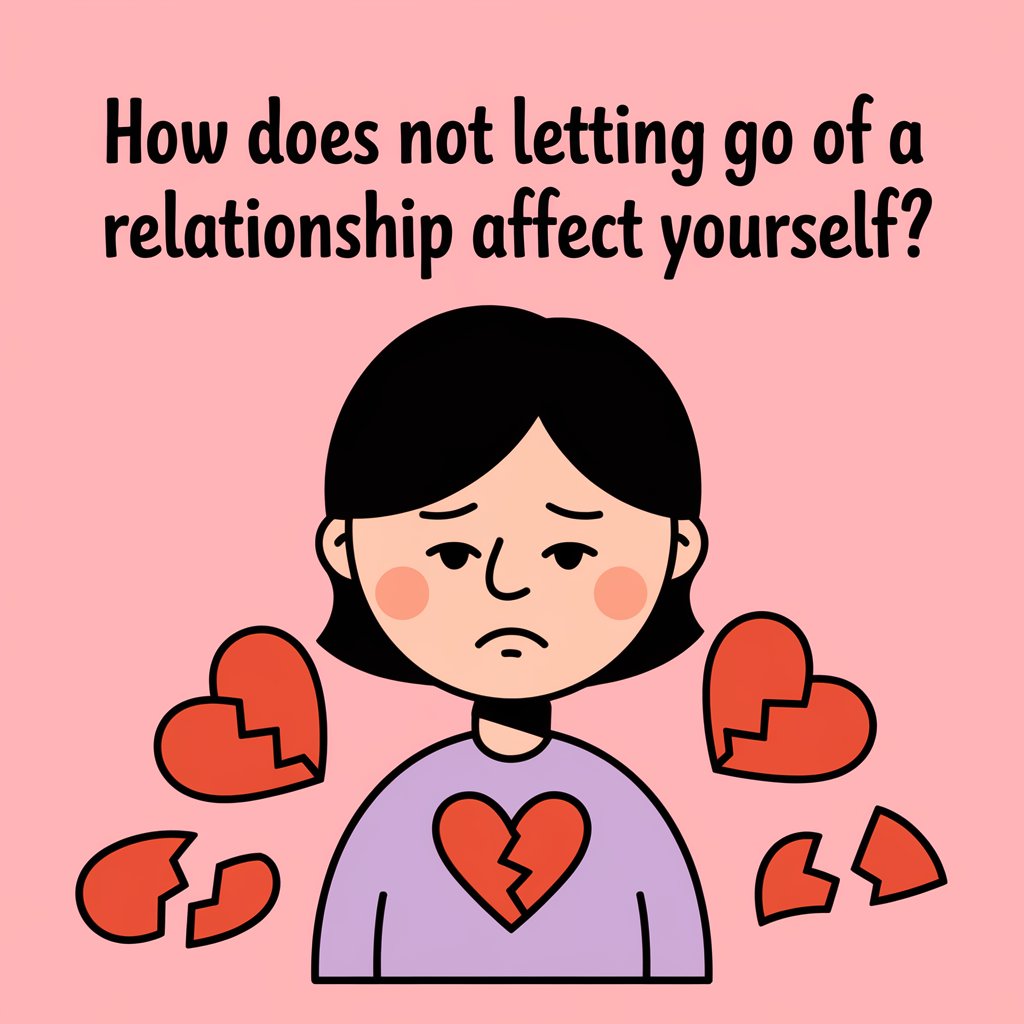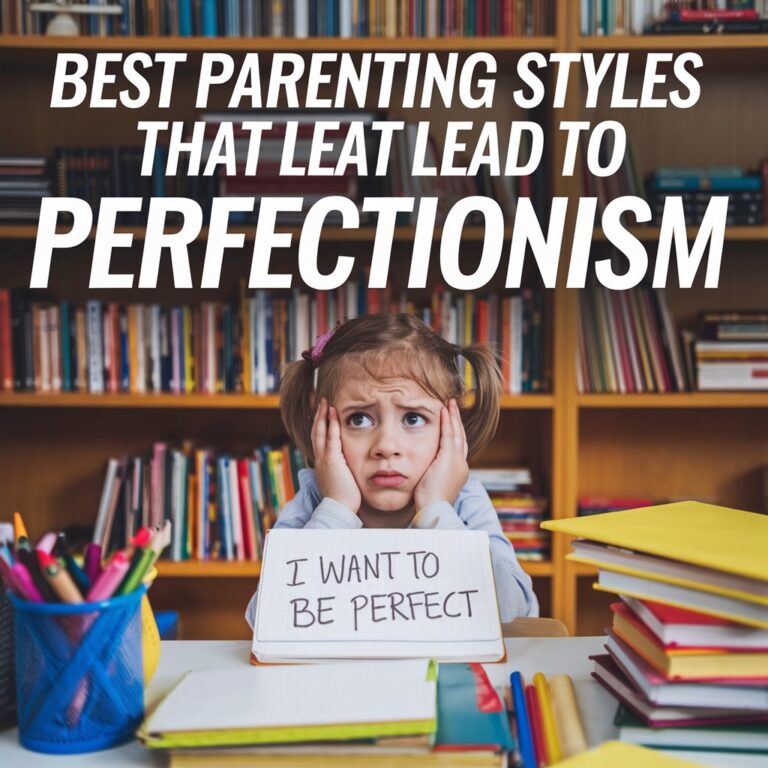Relationships are at the core of human existence. They shape our emotions, define our experiences, and play a significant role in our personal growth. However, when a relationship becomes toxic, unfulfilling, or no longer serves its purpose, holding onto it can do more harm than good. The question is, how does not letting go of a relationship affect yourself? This article delves into the psychological, emotional, and physical impact of clinging to a failing relationship, while offering insights into overcoming these challenges.
Understanding the Dynamics of Holding On
Why People Struggle to Let Go of Relationships
Letting go of a relationship is often easier said than done. The reasons vary and may include fear of loneliness, attachment to memories, or the hope for things to improve. People also find themselves bound by societal pressures, guilt, or the belief that they’ve invested too much time and energy to give up.
Attachment Styles and Their Role
Your attachment style plays a crucial role in your ability to let go. For instance:
- Anxious attachment makes you fear abandonment, causing you to hold on despite the pain.
- Avoidant attachment might lead to denial about the issues in the relationship, prolonging its end.
Understanding these dynamics is key to recognizing the root of your struggle.
Emotional Consequences of Not Letting Go
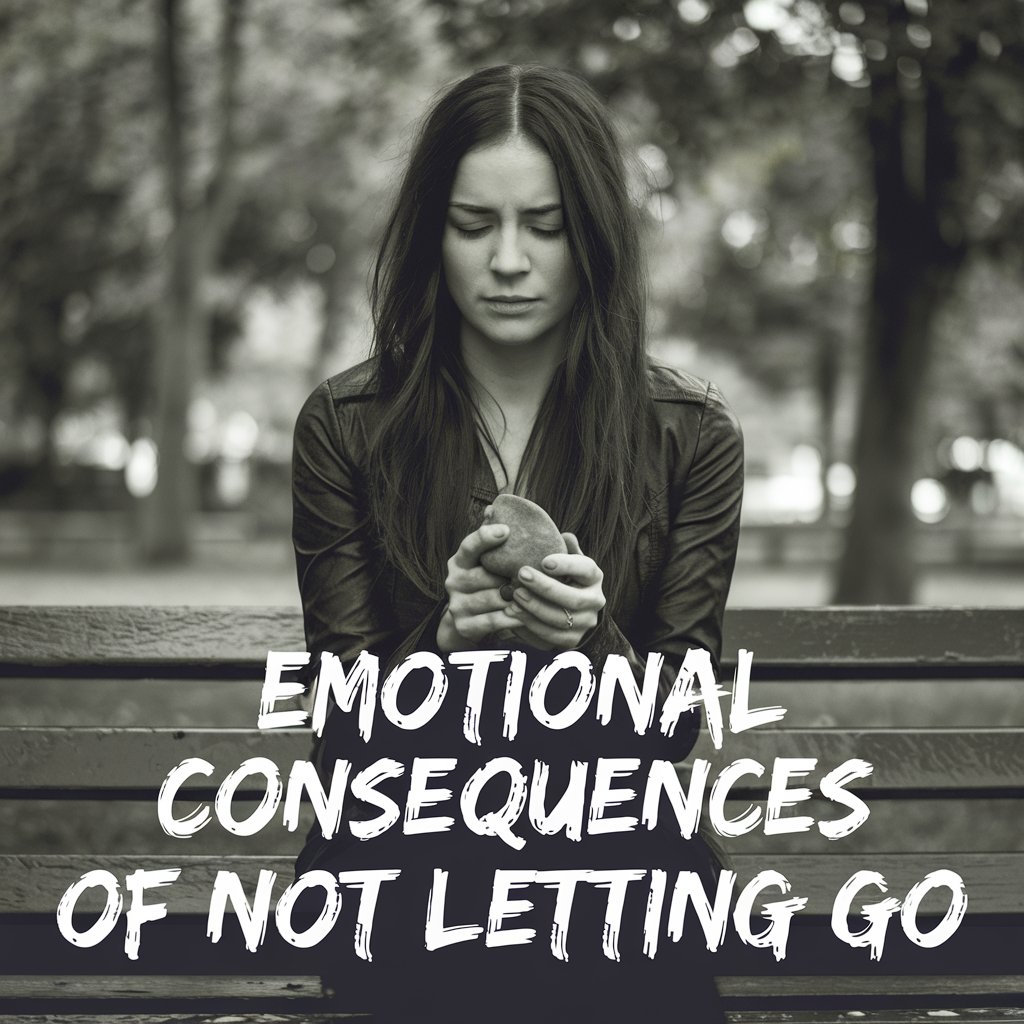
1. Increased Emotional Turmoil
Staying in a strained relationship creates constant stress. You may feel:
- Anxiety: Worrying about the future and fearing rejection.
- Resentment: Frustration builds as your needs remain unmet.
- Depression: A sense of hopelessness when the relationship feels stagnant.
2. Loss of Self-Identity
Relationships often require compromise, but when you cling to one that no longer aligns with your values, you risk losing sight of who you are. This leads to:
- A diminished sense of self-worth.
- Confusion about your personal goals and desires.
3. Stunted Personal Growth
Being stuck in an unfulfilling relationship limits your ability to explore new opportunities, friendships, and experiences. Personal development takes a back seat as you focus solely on maintaining a relationship that drains you.
Physical Impact of Emotional Distress
1. Chronic Stress and Its Effects
Prolonged emotional distress from an unresolved relationship can manifest physically. Common symptoms include:
- Fatigue and lack of energy.
- Digestive issues such as stomachaches or ulcers.
- Insomnia, resulting from an overactive mind.
2. Weakening of the Immune System
Stress hormones like cortisol, when elevated for long periods, suppress the immune system, making you more susceptible to illnesses.
3. Increased Risk of Cardiovascular Problems
Studies show that unresolved emotional stress significantly increases the risk of heart conditions, including high blood pressure and heart attacks.
How Your Mental Health Suffers
1. Cognitive Overload
Constantly replaying arguments, imagining alternate scenarios, or analyzing your partner’s actions can exhaust your mental resources. This mental clutter reduces your ability to focus and perform tasks efficiently.
2. Development of Anxiety Disorders
Not letting go can create a sense of fear and uncertainty, potentially leading to generalized anxiety disorder or panic attacks.
3. Risk of Depression
Feelings of hopelessness and helplessness often develop when you’re stuck in a cycle of trying to fix a broken relationship without success.
Impact on Social Life and Career
1. Strained Relationships with Others
Holding onto a toxic relationship often isolates you from friends and family. You might:
- Avoid social events to prevent conflict.
- Alienate loved ones who express concerns about your situation.
2. Diminished Work Performance
Emotional distress spills over into professional life. Lack of focus, reduced motivation, and absenteeism are common consequences of unresolved relationship issues.
3. Missed Opportunities
The energy spent clinging to a draining relationship could be better used pursuing career advancements, hobbies, or building healthier connections.
Signs It’s Time to Let Go
Recognizing when a relationship is no longer serving you is the first step toward reclaiming your happiness. Signs include:
- Consistent feelings of sadness, anger, or frustration.
- A lack of mutual respect, trust, or effort.
- Incompatibility in values, goals, or communication styles.
- One-sided effort in maintaining the relationship.
The Psychology Behind Letting Go
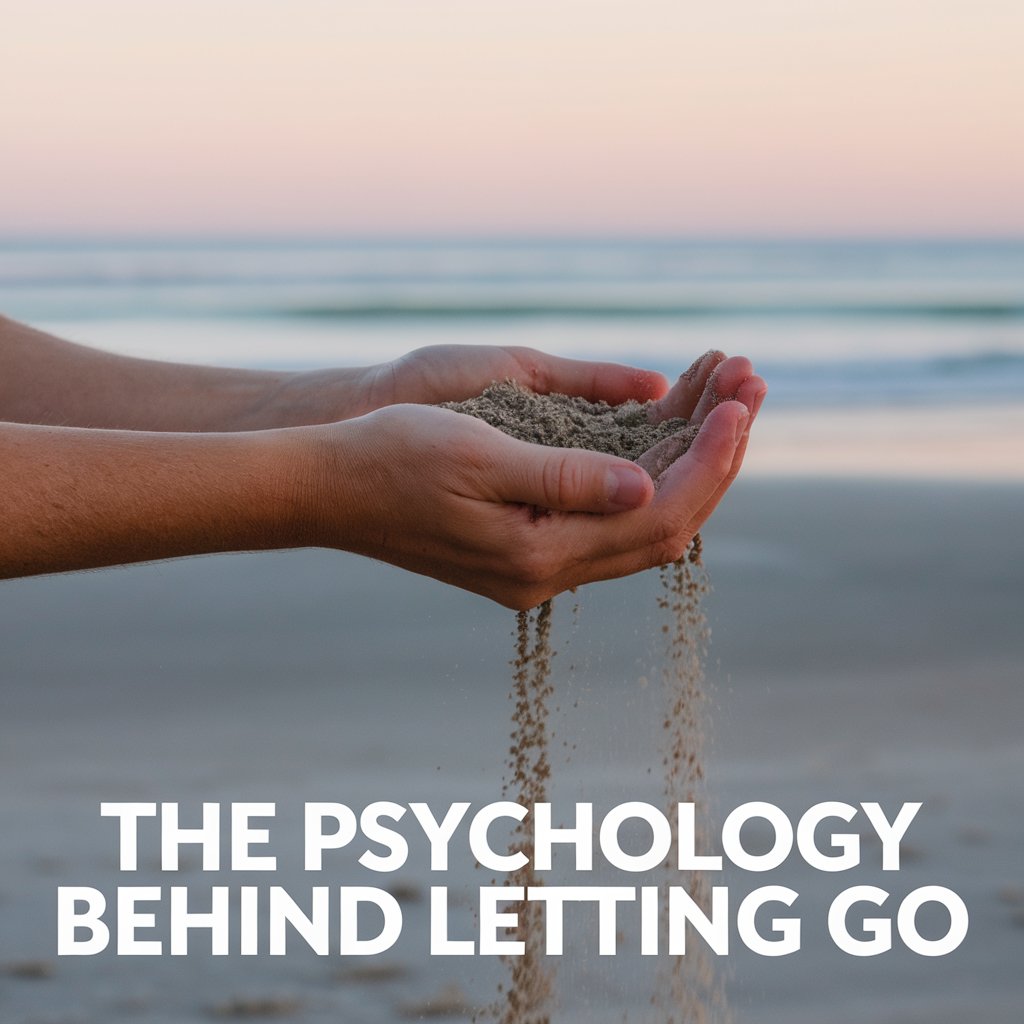
The Role of Cognitive Dissonance
Cognitive dissonance occurs when your actions don’t align with your beliefs. For instance, you may stay in a relationship believing it’s the “right” thing to do, even if it contradicts your need for happiness.
Fear of the Unknown
Humans are naturally averse to uncertainty. Letting go means stepping into an unknown future, which can feel daunting but is often necessary for growth.
Steps to Let Go and Heal
1. Acknowledge Your Feelings
Suppressing emotions only prolongs the healing process. Journaling, talking to a therapist, or confiding in a trusted friend can help you process your feelings.
2. Reframe the Narrative
Instead of seeing the end of a relationship as a failure, view it as a step toward personal growth and freedom.
3. Set Boundaries
Cutting ties is essential to moving forward. This may mean limiting contact with your ex-partner or removing triggers that remind you of the relationship.
4. Focus on Self-Care
Engage in activities that bring you joy, such as:
- Exercising to release endorphins.
- Exploring hobbies you may have neglected.
- Spending quality time with supportive friends and family.
5. Seek Professional Support
Therapists and counselors can provide tools and strategies to navigate the emotional challenges of letting go.
The Long-Term Benefits of Letting Go
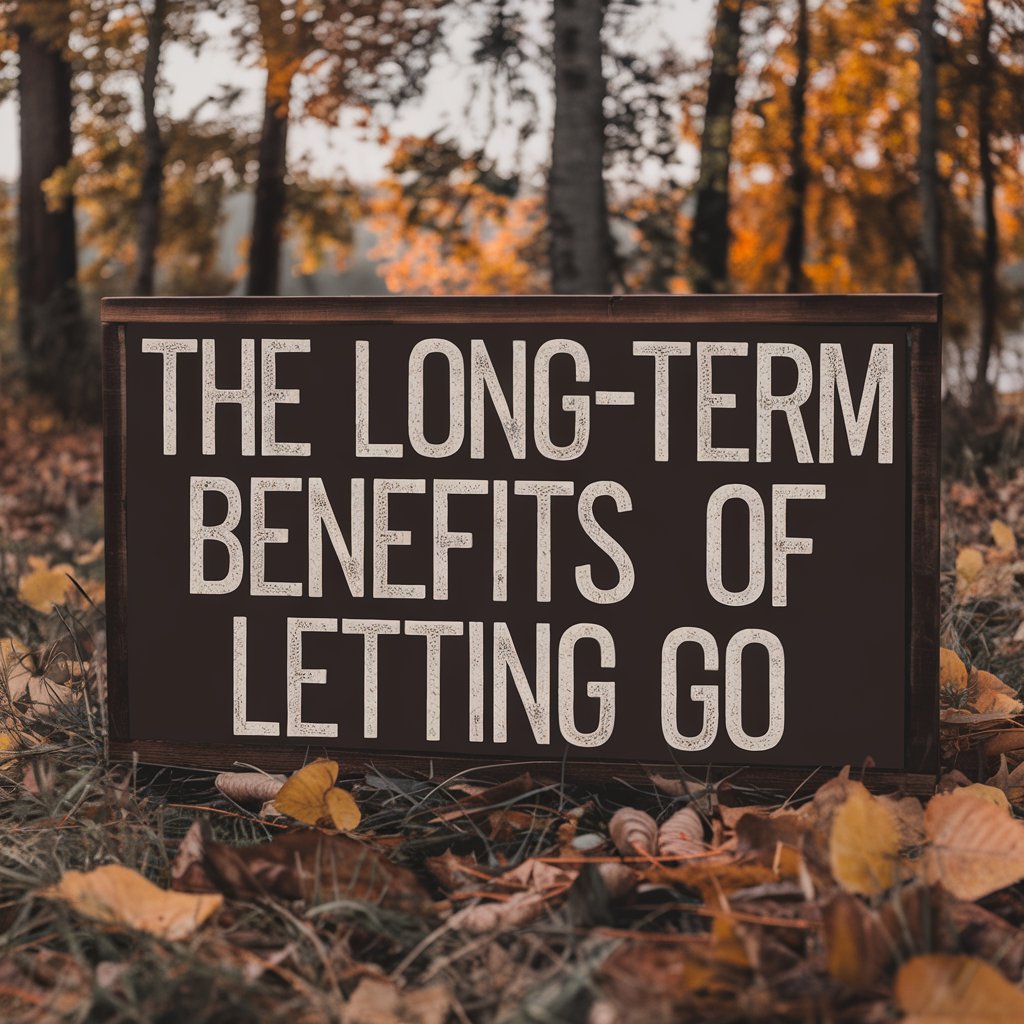
1. Rediscovery of Self
Letting go allows you to reconnect with your passions, values, and goals. You begin to rebuild your identity outside the context of the relationship.
2. Emotional Resilience
The process of moving on strengthens your ability to cope with future challenges. You become more self-reliant and confident in your decision-making.
3. Improved Relationships
When you let go of a toxic relationship, you open yourself up to healthier, more fulfilling connections. You gain clarity on what you want and deserve from a partner.
How Does Not Letting Go of a Relationship Affect Yourself in the Long Run?
In the long term, refusing to let go of a failing relationship can lead to chronic emotional pain, hindered personal growth, and a diminished quality of life. However, taking the brave step to move forward, though initially painful, paves the way for a brighter, more fulfilling future.
Conclusion: Embrace the Power of Letting Go
The answer to how does not letting go of a relationship affect yourself lies in the profound impact it has on your emotional, physical, and social well-being. Clinging to a relationship that no longer serves you creates a cycle of pain and stagnation. On the other hand, letting go is an act of self-love and courage that enables growth, healing, and new opportunities.
Remember, your happiness and mental health should never be compromised for the sake of holding onto a relationship. Embrace the process of letting go, and you’ll find strength, peace, and the chance to create a life filled with healthier, more meaningful connections.
FAQs
How does not letting go of a relationship affect yourself emotionally?
Not letting go can lead to constant emotional turmoil, including anxiety, depression, and resentment. It may also erode your self-esteem and sense of identity over time.
Can holding onto a toxic relationship harm your physical health?
Yes, prolonged emotional stress from a failing relationship can weaken your immune system, increase your risk of cardiovascular problems, and lead to chronic fatigue or insomnia.
What are the social consequences of not letting go of a relationship?
You may isolate yourself from friends and family, strain other relationships, and miss opportunities to form healthier connections or pursue personal growth.
How can I start the process of letting go?
Acknowledge your feelings, reframe the situation positively, set boundaries, focus on self-care, and seek professional support if necessary.
What are the benefits of letting go of a toxic relationship?
Letting go allows you to rediscover yourself, build emotional resilience, and open up to healthier and more fulfilling relationships in the future.

